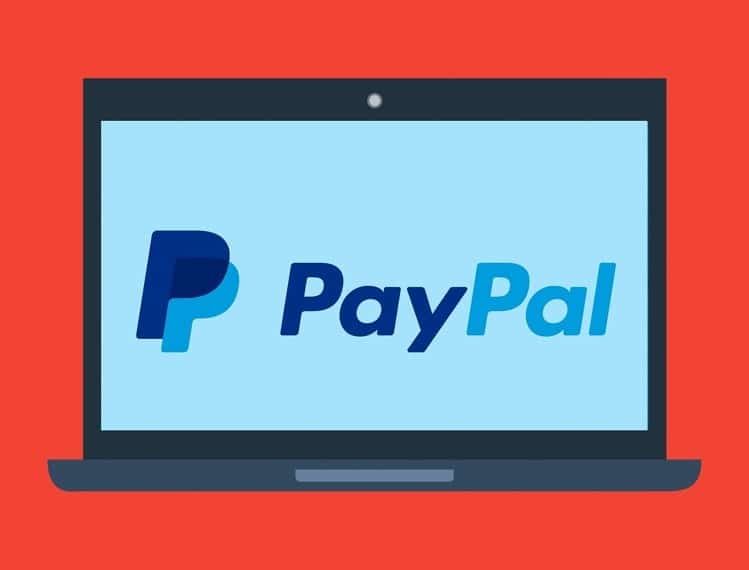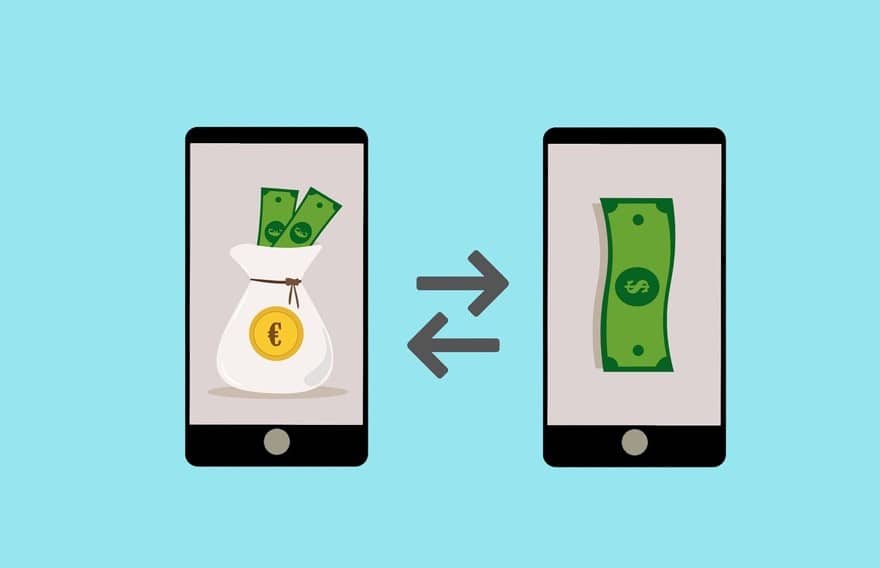The US retail online marketplace sales are expected to reach a valuation of $603.2 billion by 2027. Increased globalization, heightened Internet adoption, a rise in mobile device sales, and technological advancements are fueling the growth of online marketplaces globally.
But what are online marketplaces, and how do they generate revenue? Let’s find out.
What is an Online Marketplace?
An online marketplace is an Internet-based platform that facilitates seller and buyer transactions. It falls under the giant e-commerce umbrella and is generally segregated as B2B (business-to-business), C2C (customer-to-customer), and B2C (business-to-customer) based on the type of transactions it hosts.
For instance, Amazon is the leading B2C marketplace, with a capitalization of over $1,337.5 billion. Etsy is a C2C platform, whereas Alibaba qualifies as B2B.
Online Marketplace Customer Segmentation
An online marketplace primarily caters to two types of customer segments:
- Buyers: Online marketplaces draw in millions of active buyers annually who use various platforms to buy several products, ranging from craft supplies and grocery items to handcrafted furniture and vintage records.
- Sellers: Likewise, an online marketplace supports millions of sellers and empowers them to connect with consumers worldwide and sell their goods to generate revenue.
Though millions of buyers and sellers use online marketplaces, why do they trust these e-commerce sites?
Online Marketplace’s Value Propositions
An online marketplace’s unique value propositions include the following:
1. A wide range of products
Most online marketplaces feature many sellers, offering customers a wide range of products. They also allow buyers to compare the offerings and choose the one with the best reviews and cheapest prices.
2. Order fulfillment responsibility
Generally, individual sellers shoulder the responsibility to fulfill orders rather than an online marketplace. That being said, there are some exceptions to this rule if the marketplace provides centralized services.
3. Relationship with customers
The sellers and online marketplaces are responsible for building and maintaining customer relationships.
4. Large customer base
Online marketplaces empower sellers to sell their products by exploiting their diverse and extensive customer base. They allow sellers to sell their products not only domestically but also tap into global markets.
5. Easy market entry and low upfront costs
Online marketplaces often help novice sellers set up shop through their proprietary technology, customer base, and business model. This makes it easier for them to enter the market and sell their products. Since most marketplaces provide payment processing services, they also help simplify financial woes for the parties involved.
Similarly, the cost to set up an e-commerce website from scratch is more than gaining entry to an established marketplace to generate revenue.
Who are the Key Partners of an Online Marketplace?
An online marketplace has several partners that help it remain in business. Its key partners include:
- Sellers: A successful online marketplace’s business model hinges on the presence of sellers. Manufacturers, retailers, artists, and collectors are instrumental to attract consumers for an e-commerce platform.
- Buyers: A marketplace can’t exist without buyers generating demand for the products it showcases. They enable the platform to generate revenue and keep the onboarded sellers happy.
- Shipping and distribution partners: They help an online marketplace fulfill its promise to the buyers and sellers and distribute the products on time.
- Affiliates: They earn a commission when someone purchases their recommendations, but they help the site generate more traffic and increase sales.
- Payment gateways: Partnerships with secure payment gateways, like Stripe, let an online marketplace payments processing experience. Moreover, some sites like Amazon Pay, offer payment processing services to make the payment process seamless.
- Technology partners: They ensure that a marketplace runs smoothly, handle glitches on time, and secure the platform.
- Marketing partners: These are essential for marketplaces to attract more buyers and sellers, especially up-and-coming platforms competing against e-commerce giants like Amazon.
- Warehouses: These partners provide storage solutions to online marketplaces.
What are Online Marketplaces Key Resources?
An online marketplace’s key resources include:
- An online marketplace’s user-friendly website and intuitive app are its most significant resources.
- Profitable partnerships with sellers and wide distribution networks help it remain afloat.
- Their ecosystem of reliable and trustworthy human resources, including employees.
- An extensive customer database and a wide range of product listings to effectively match buyer and seller demands.
- A dedicated algorithm and system to predict consumer buying patterns.
- Excellent brand image in the online marketplace segment.
What are Online Marketplaces Channels?
Shoppers can purchase, and sellers can sell products through an online marketplace’s website or dedicated apps. Additionally, most companies use social channels, like Facebook, Pinterest, X, Instagram, and YouTube, to connect with buyers and sellers globally.
How does an Online Marketplace Maintain Customer Relationships?
Online marketplaces often support automation and offer self-service tools to solve all queries in real time. If these aren’t enough, sellers and buyers can log in to their online marketplace accounts and contact the support team via phone, text, or mail.
What is an Online Marketplace’s Cost Structure?
Online marketplaces spend money on IT infrastructure, marketing, product and software development, customer service centers, general and administrative expenses, rent and upkeep of physical locations, and goodwill impairment.
How Does Online Marketplace Generate Revenue?
An online marketplace generates revenue through multiple streams, including:
1. Commissions
Commissions are the bread and butter of online marketplaces since platforms charge a fixed or variable commission on every successful transaction. The charges vary from platform to platform.
2. Subscriptions
Online marketplaces offer subscriptions to their buyers or sellers. If they target buyers, they promise them access to premium products, better service, or reduced costs. On the other hand, sellers are enticed with a better placement on the search page and access to more customers.
For instance, an Amazon Prime membership allows subscribers to order products without paying shipping fees, offers fast delivery, provides them access to prime content and music, and more.
3. Freemium
Under this model, buyers and sellers can use the platform for free. So, how does the marketplace make money? They earn money by offering additional services and premium tools or features.
4. Product Listing
Online marketplaces, like Etsy, charge sellers a nominal fee for listing each of their products on the platform. However, the fee can be a one-time thing, too.
5. Advertising
Some online marketplaces allow brands to buy advertising space on their platform to rope in their target customers.
6. Featured Ads
Online marketplaces might charge sellers extra to display their products on the first search page. This helps the sellers beat their competitors and marketplaces to generate some revenue on the side. Win-win!
The Bottom Line: Online Marketplaces are Redefining Modern Trade
Online marketplaces are redefining how buyers and sellers interact with each other and trade. Their biggest draw includes higher flexibility, ease of entry, a wide range of product listings, and access to customers on a global scale.
References & more information
- Arielle Feger (June 27, 2023). Online marketplaces will top $600 billion in US retail sales by 2027. Insider Intelligence
- (September 11, 2023). How to build a marketplace: A guide for businesses. Stripe
- Stephanie Chevalier (August 29, 2023). Top large cap e-commerce companies by market cap 2023. Statista
- Bradley Johnson. What Is A Marketplace Business Model?. Bluecart
- Maria Astaptsova. What is an online marketplace?. Omnyfy
- Harjyot Kaur (September 15, 2023). What is A Marketplace Model and How Does It Work?. ValueAppz
- Viktor Hendelmann. The Marketplace Business Model – A Complete Guide. Productmint
- Arjun (December 30, 2022). What Is A Marketplace Business Model?. Appscrip Blog
- Featured Image by Samuel Regan-Asante
Tell us what you think? Did you find this article interesting? Share your thoughts and experiences in the comments section below.












Add comment